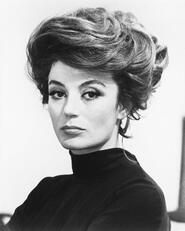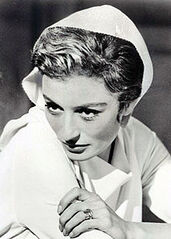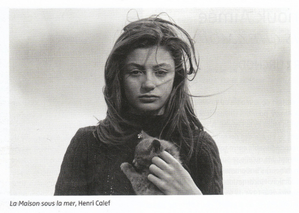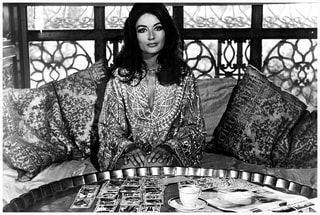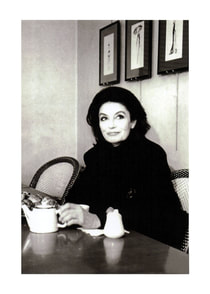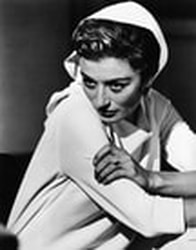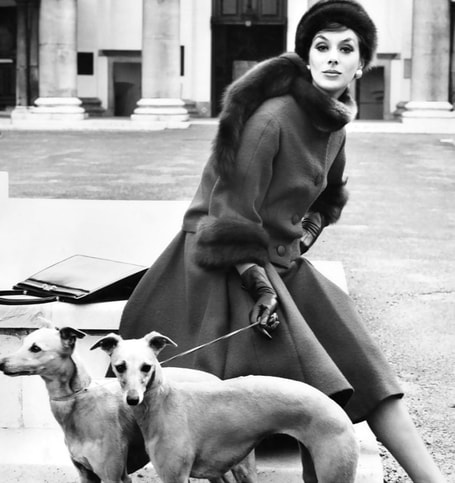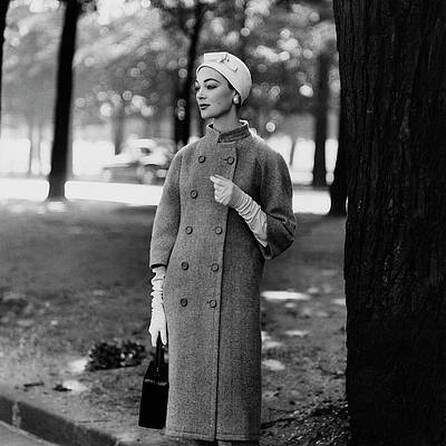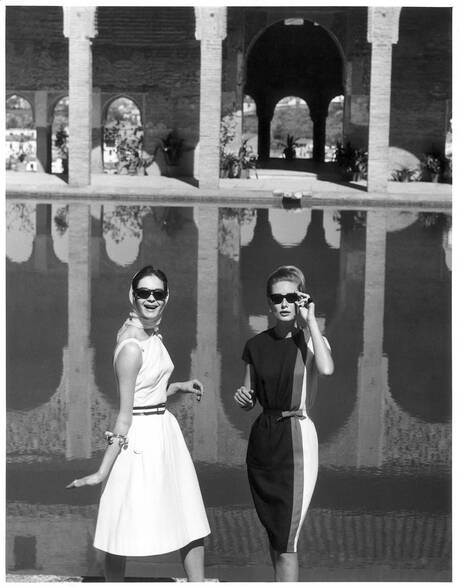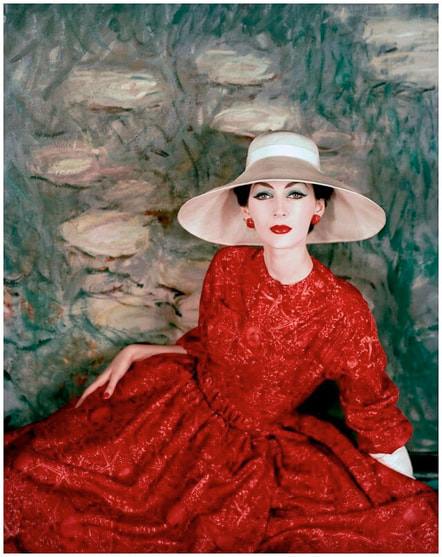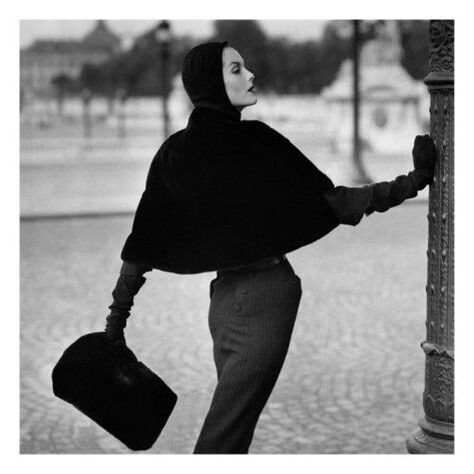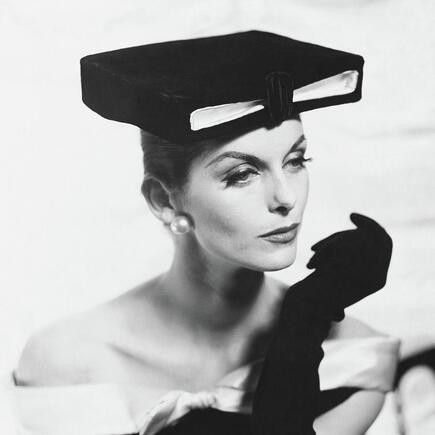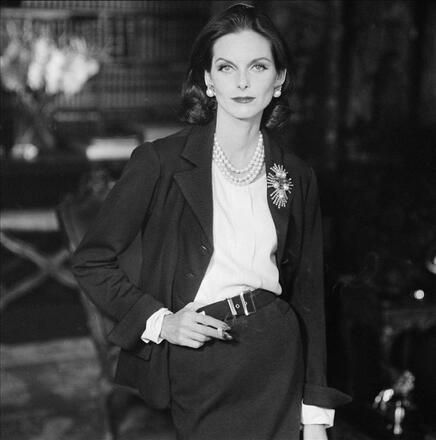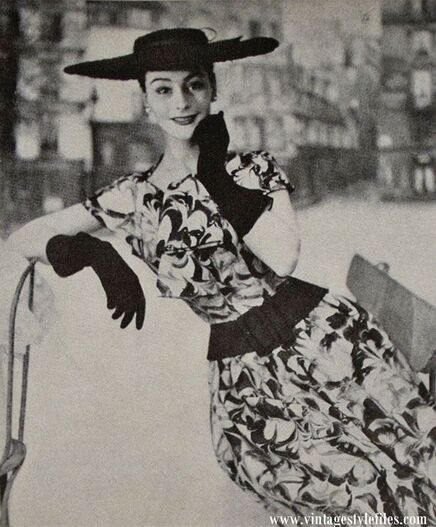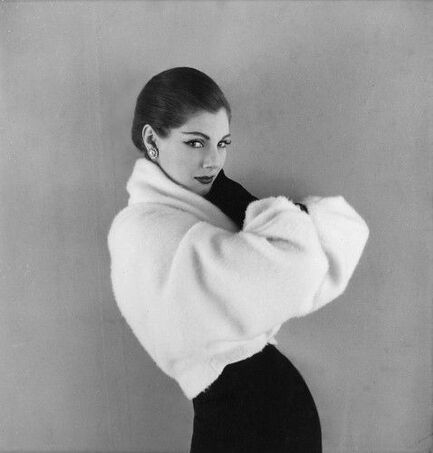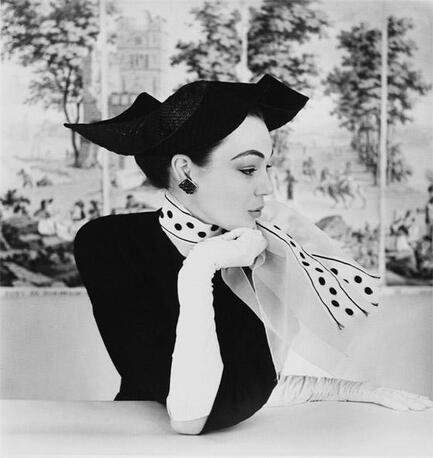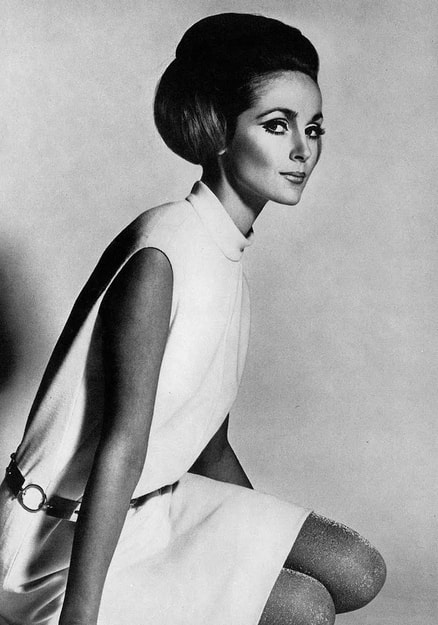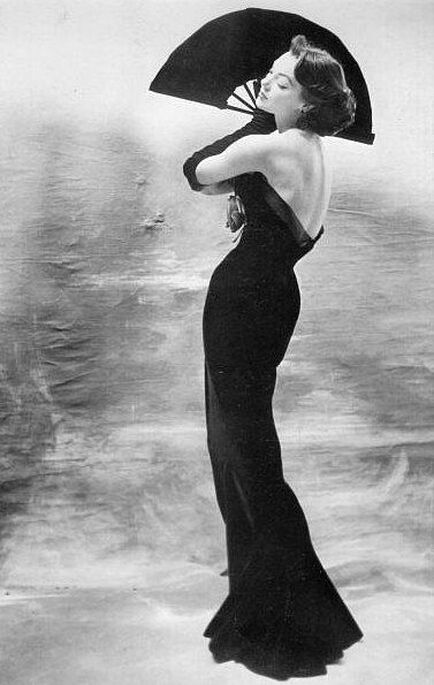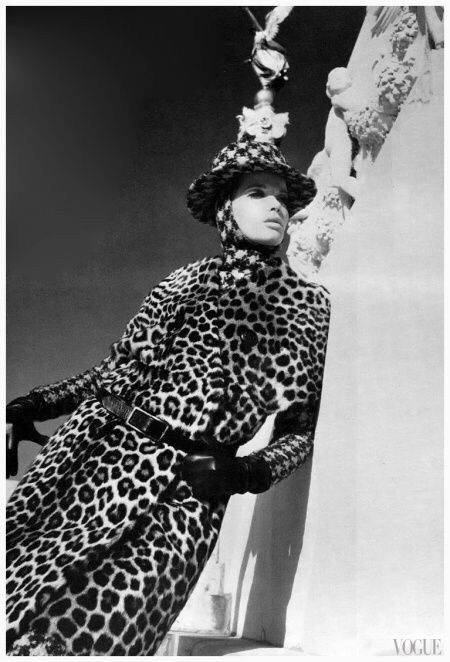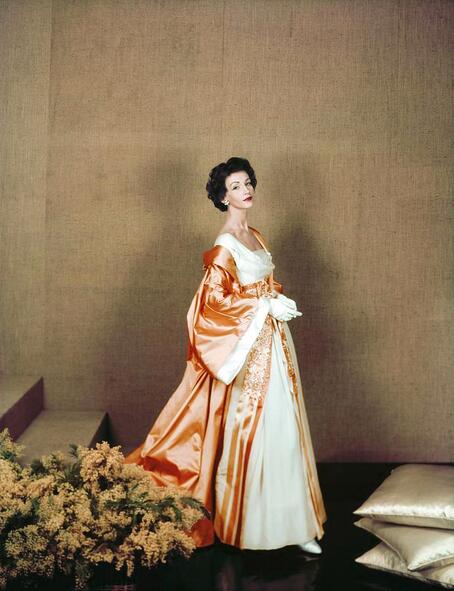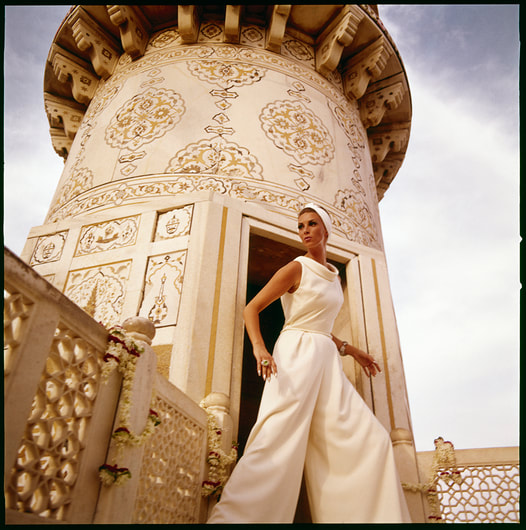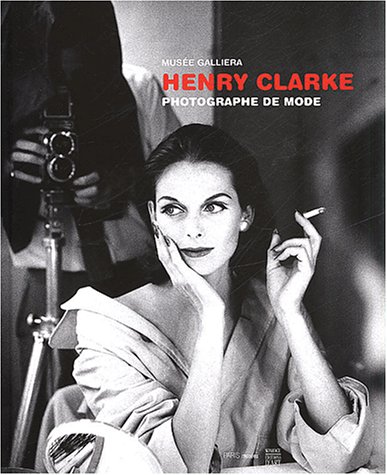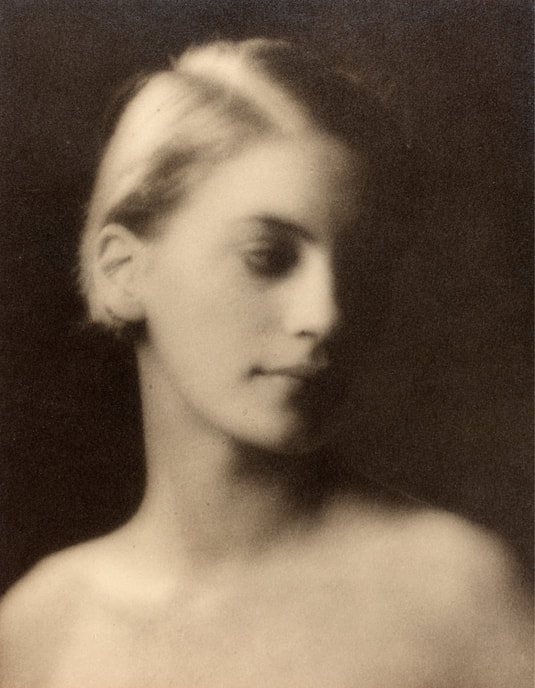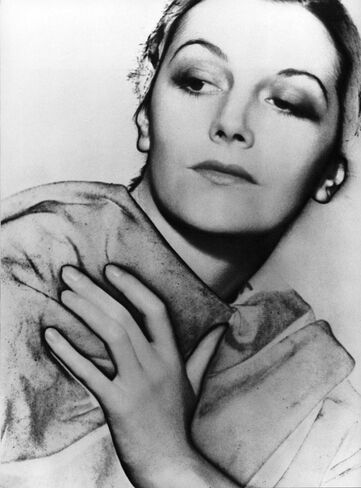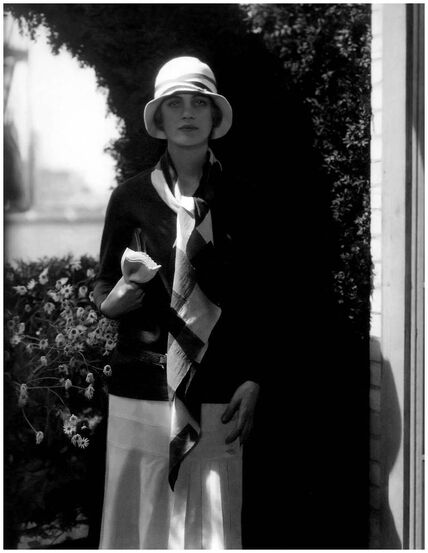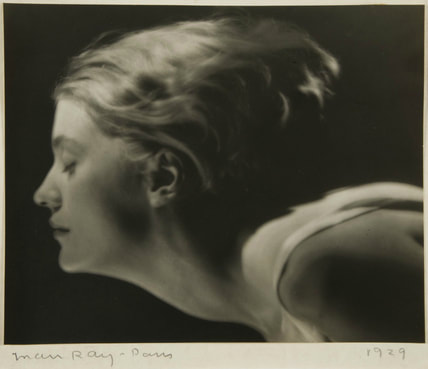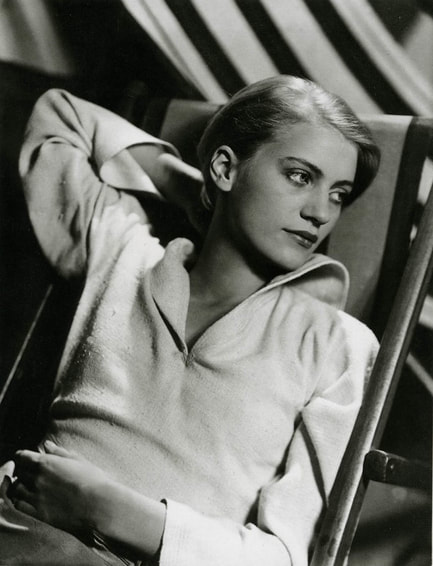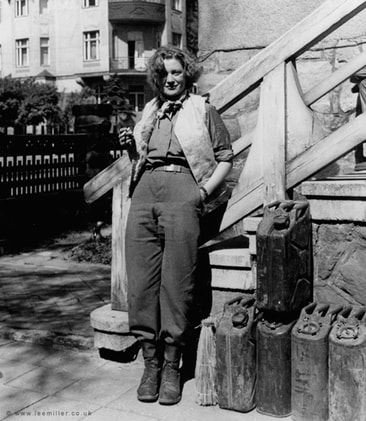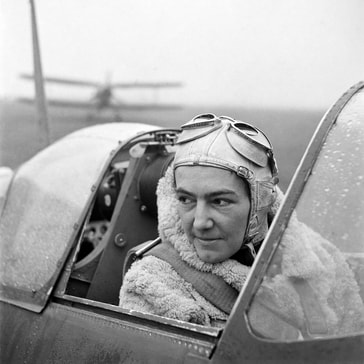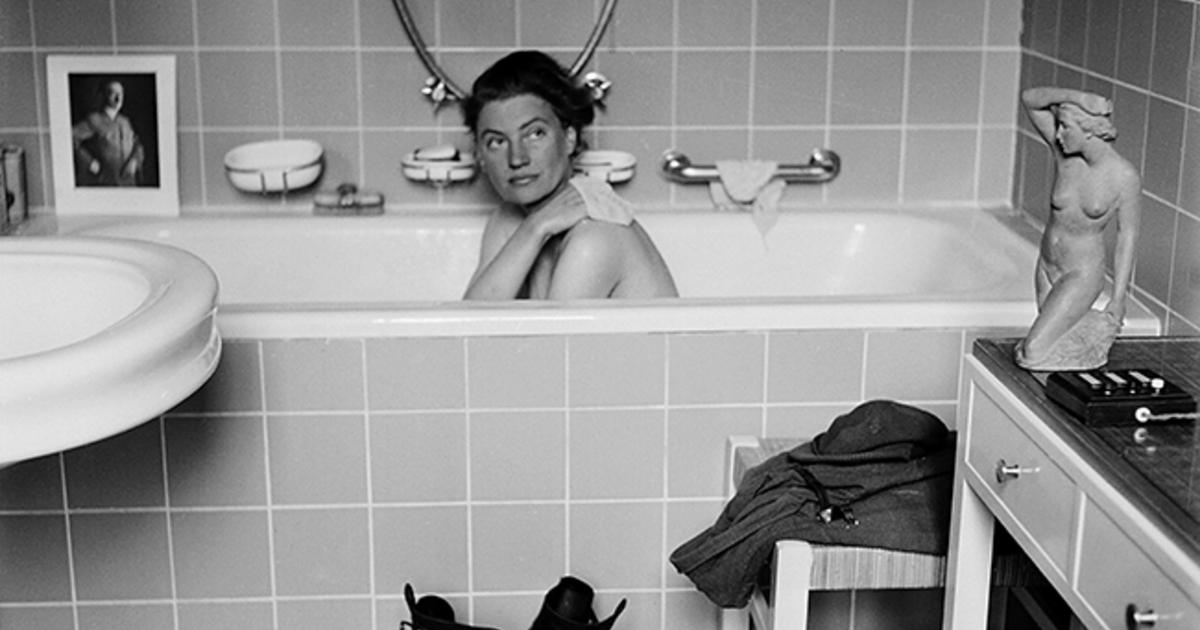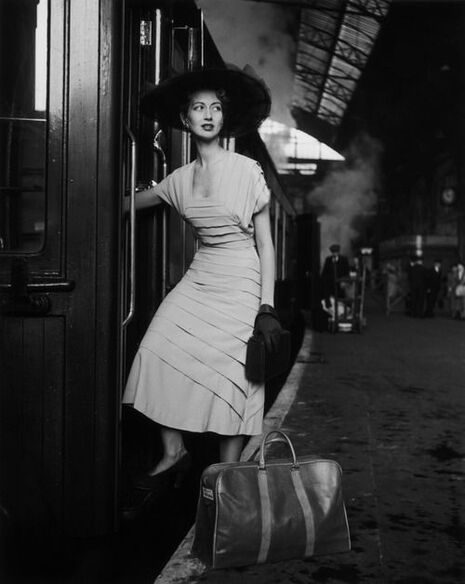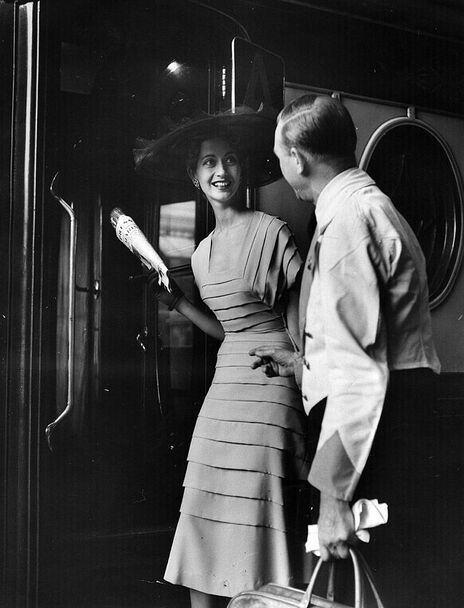|
name: Nicole Françoise Florence Dreyfus birth place: Paris France birth date: 27 April 1932 zodiac sign: Taurus languages: French, Italian, English you can only perceive real beauty in a person as they get older. Profile of Anouk AiméeAnouk Aimée ( born 27 April 1932) is a French film actress, who has appeared in 70 films since 1947, having begun her film career at age 14. In her early years she studied acting and dance besides her regular education. Although the majority of her films were French, she also made a number of films in Spain, Great Britain, Italy and Germany, along with some American productions. Among her films are Federico Fellini's La Dolce Vita (1960), after which she was considered a "rising star who exploded" onto the film world. She subsequently acted in Fellini's 8½ (1963), Jacques Demy's Lola (1961), George Cukor's Justine (1969), Bernardo Bertolucci's Tragedy of a Ridiculous Man (1981) and Robert Altman's Prêt à Porter (1994). She won the Golden Globe Award for Best Actress - Motion Picture Drama and the BAFTA Award for Best Actress and was nominated for the Academy Award for Best Actress for her acting in Un homme et une femme (A Man and a Woman, 1966). The film brought her international fame. She won the Award for Best Actress at the 1980 Cannes Film Festival. In 2002 she received an honorary César Award, France's national film award. Aimée was noted for her "striking features" and beauty, and considered "one of the hundred sexiest stars in film history," according to a 1995 poll conducted by Empire Magazine. She has often portrayed a femme fatale with a melancholy aura. In the 1960s, Life magazine wrote that "after each picture her enigmatic beauty lingered" in the memories of her audience, and called her "the Left Bank's most beautiful resident." Biography of Anouk Aimée1947: When she was about 14 years old, Anouk Aimée was spotted by French film director Henri Calef in a Chinese restaurant in Paris while having dinner with her mother, Henri Calef casted Anouk in his film La Maison sous la mer in 1947, which will be her debut of the cinema world. 1966: Un homme et une femme (A Man and a Woman) is a 1966 French film written and directed by Claude Lelouch and starring Anouk Aimée and Jean-Louis Trintignant. Written by Lelouch and Pierre Uytterhoeven, the film is about a young widow and widower who meet by chance at their children's boarding school and whose budding relationship is complicated by the memories of their deceased spouses. The film won several awards, including the Palme d'Or at the 1966 Cannes Film Festival, two Golden Globe Awards for Best Foreign Language Film and Best Actress - Drama for Anouk Aimée. I am still haunted by two things she quoted. They seemed to say more about her than anything else I experienced with her during the three weeks I knew her on the film: The 2000s: In 2002, Anouk Aimée received an honorary César Award, France's national film award, and in 2003 received an honorary Golden Berlin Bear at the Berlin International Film Festival. "The more the years go by, the less I know. But if you give explanations and understand everything, then nothing can happen. What helps me go forward is that I stay receptive, I feel that anything can happen." Filmography of Anouk Aimée 1946 : La Maison sous la mer de Henri Calef , Anouk 1947 : La Fleur de l'âge de Marcel Carné , Inachevé 1949 : Les Amants de Vérone de André Cayatte , Giorgia Maglia (Juliette) 1949 : La Salamandre d'or de The Golden Salamander , Ronald Neame 1951 : Conquête du froid de Jean Vidal , court métrage 1951 : Nuit d'orage Noche de tormenta de Jaime de Maroya Marcel Jauniaux , voix 1952 : La Bergère et le ramoneur de Paul Grimault , la bergère voix 1952 : Le Rideau cramoisi sketch du film Les Crimes de l'amour de Alexandre Astruc , Albertine 1952 : L'Homme qui regardait les trains The Man Who Watched the Trains Go By de Harold French , Jeanne 1954 : Forever my heart de Bernard Knowles , La femme légère épi. Happy Birthday 1955 : Les Mauvaises Rencontres, de Alexandre Astruc ,, Catherine 1955 : L'Amour ne meurt jamais Ich suche dich de O.W. Fischer , Françoise Maurer 1955 : Contraband Spain Contrabando de Lawrence Huntington Jaime Salvador , Elena Vargas 1956 : Nina de Rudolph Jugert , Nina Iwanowa 1956 : Strese-Mann de Alfred Braun , Annette Stein 1957 : Tous peuvent me tuer de Henri Decoin , Isabelle 1957 : Pot-Bouille de Julien Duvivier , Marie 1957 : Montparnasse 19 ou Les Amants de Montparnasse de Jacques Becker , Jeanne Hébuterne 1959 : Le Voyage The Journey de Anatole Litvak , Eva 1959 : La Tête contre les murs de Georges Franju , Stéphanie 1959 : Les Dragueurs de Jean-Pierre Mocky , Jeanne 1960 : Quai Notre-Dame de Jacques Berthier , l'Antiquaire 1960 : La Dolce Vita de Federico Fellini , Maddalena 1961 : Lola de Jacques Demy , Lola (Cécile) 1961 : Le Jugement dernier de Vittorio De Sica , Irène 1961 : L'Imprévu L'Imprevisto de Alberto Lattuada , Claire 1961 : Sodome et Gomorrhe ( Sodoma e Gomorra) de Robert Aldrich et Sergio Leone , la reine Bera 1961 : Le Farceur de Philippe de Broca , Hélène Laroche 1963 : Le Terroriste Il terrorista de Gianfranco De Bosio , Anna Braschi 1963 : Le Jour le plus court Il giorno più corto de Sergio Corbucci , 1963 : Les Grands Chemins de Christian Marquand , Anna 1963 : Le Coq du village de Alessandro Blasetti , 1963 : Le Succès Il successo de Dino Risi , Laura 1963 : Huit et demi (Otto e mezzo) de Federico Fellini , Luisa Anselmi 1964 : La Fugue (La fuga) de Paolo Spinola , Luisa 1964 : Le Sexe des anges (Le voci bianche) de Pasquale Festa Campanile Massimo Franciosa , Lorenza 1965 : Le Scandale (Lo scandalo) de Anna Gobbi , 1965 : Les Saisons de notre amour Le stagioni de nostro amore de Florestano Vancini , 1965 : Il morbidone de Massimo Franciosa , Valeria 1966 : Un homme et une femme de Claude Lelouch, Anne Gauthier 1967 : Vivre pour vivre de Claude Lelouch 1968 : Un soir, un train de André Delvaux , Anne 1968 : Model Shop de Jacques Demy , Lola 1968 : Le Rendez-vous The appointment de Sidney Lumet , Carla 1969 : Justine de George Cukor , Justine 1976 : Si c'était à refaire de Claude Lelouch , Sarah Gordon 1978 : Mon premier amour de Elie Chouraqui , Jane 1980 : Le Saut dans le vide (Salto nel vuoto), de Marco Bellocchio , Marta Ponticelli 1981 : La Tragédie d'un homme ridicule de Bernardo Bertolucci , Barbara Spaggiari 1982 : Qu'est-ce qui fait courir David ? de Élie Chouraqui , Hélène 1983 : Le Général de l'armée morte (Il Generale dell'armata morte), de Luciano Tovoli , la comtesse Betsy Di Brenni 1984 : Le Succès à tout prix Success is the best revenge de Jerzy Skolimowski , Monique 1984 : Viva la vie! de Claude Lelouch , Anouk 1986 : Un homme et une femme : vingt ans déjà de Claude Lelouch , Anne Gauthier 1987 : Papa et moi Arrivederci e grazie de Giorgio Capitani , Laura 1988 : La Table tournante de Paul Grimault Jacques Demy , la bergère Voix 1988 : Arriverderci e grazie de Giorgio Capitani , 1990 : Béthune : the making of a hero ou Docteur Norman Béthune de Phillip Borsos , Marie-France Coudaire 1990 : Il y a des jours... et des lunes de Claude Lelouch , Son propre rôle 1991 : L'Amour maudit de Leisenbohg de Edouard Molinaro , Claire Hell Télévision 1993 : Rupture(s) de Christine Citti , Marthe 1993 : Les Marmottes de Elie Chouraqui , Françoise 1995 : Les Cent et Une Nuits de Simon Cinéma de Agnès Varda , L'actrice d'un jour 1995 : Prêt-à-porter Ready to wear de Robert Altman , Simone Lowenthal 1995 : Dis-moi oui de Alexandre Arcady , Claire Charvet 1995 : L'Univers de Jacques Demy de Agnès Varda , Son propre rôle 1996 : Hommes, femmes, mode d'emploi de Claude Lelouch , La veuve 1997 : Riches, belles, etc. de Bunny Schpoliansky , La fée 1997 : Salomon de Roger Young , Bethsabée 1999 : 1999 Madeleine de Laurent Bouhnik , Eve 1999 : I Love L. A. de Mika Kaurismäki , Son propre rôle 1999 : Une pour toutes de Claude Lelouch , La femme du musicien 2001 : Festival in Cannes de Henry Jaglom , Millie Marquand 2002 : Napoléon de Yves Simoneau , 2003 : La Petite prairie aux bouleaux de Marceline Loridan-Ivens , Myriam 2004 : Ils se marièrent et eurent beaucoup d'enfants de Yvan Attal , La mère de Vincent 2006 : De particulier à particulier de Brice Cauvin , Nelly 2009 : Celle que j'aime de Elie Chouraqui , Une consommatrice dans un café 2010 : Ces amours-là de Claude Lelouch , Mme Blum 2011 : Tous les soleils de Philippe Claudel , Agathe 2012 : Mince alors ! de Charlotte de Turckheim , Maman
0 Comments
ProfileHenry Clarke (c. 1918 – April 26, 1996) was an American fashion photographer, known particularly for his work for Vogue. Clarke was born in Los Angeles in about 1917 or 1918. He died on April 26, 1996 at the Anglo-American Hospital in Le Cannet, France, at the age of 78. Henry Clarke est un photographe de mode américain né en 1918 à Los Angeles et mort à Cannes le 26 avril 1996, surtout reconnu pour ces images publiées dans différentes éditions du magazine Vogue avec lesquelles il sera en contrat après la Seconde Guerre mondiale durant plusieurs décennies. BiographieHenry Clarke est le fils d'immigrés irlandais installés en Californie. Après un premier travail d'étalagiste puis de responsable des vitrines dans des grands magasins de la côte Ouest, il décide de traverser les États-Unis pour rejoindre New York où il va découvrir la photographie. Il commence à travailler à la fin des années 1940 comme accessoiriste dans les studios photos de Vogue à New York; il côtoie Horst P. Horst, Irving Penn et Cecil Beaton. Ce dernier photographiant Dorian Leigh donne goût à Henry Clarke de se consacrer à la photographie. Il apprend à se servir d'un Rolleiflex prêté par Claire Mallison la directrice du studio, et présente ses réalisations à Alexander Liberman. Celui-ci l’envoie suivre des cours de photographie à l'université New School for Social Research, entre autres avec Alexey Brodovitch; il commence à travailler pour la presse américaine: dès 1948, ses premières photographies sont publiées dans Kaleidoscope of American Fashion, nouvelle et éphémère revue. Il s'installe à Paris après la Seconde Guerre mondiale, en 1949, aidé par Robert Randall qui lui fait découvrir le monde de la mode parisienne. Tel William Klein, il sera surnommé « le plus parisien des photographes américains », et va renouveler, dès ses premières années de métier, le style de la photographie de mode d'après Guerre, au même titre que Richard Avedon et Irving Penn. Depuis quelques années, Paris est redevenue la capitale de la mode et de la haute couture. Condé Nast souhaite donner à l'édition française tous les moyens de retrouver « une place de choix». Après quelques collaborations avec les magazines Fémina, l'Album du Figaro, et le Harper's Bazaar anglais, Henry Clarke obtient un contrat d'exclusivité avec les éditions Condé Nast. Il travaillera pour trois éditions durant près de trente ans: le Vogue France, au départ avec Michel de Brunhoff, Vogue US alors sous la responsabilité de Alexander Liberman, et le British Vogue. À l'apogée de sa carrière, il passera une partie de son contrat à la fin des années 1960 au Vogue américain, composée de plusieurs années de collaborations avec la rédactrice en chef Diana Vreeland. Les transports aériens sont en plein développement, le monde est plus facilement accessible. Certaines de ses publications de l'époque, réalisées dans divers endroits de la planète, souvent ensoleillés, peuvent aller jusqu'à 20 pages. Ceci marquera le départ d'une longue tradition de photographies de mode réalisées partout dans le monde. Durant sa carrière, il photographie les créations de couturiers tel Madeleine de Rauch, Jacques Griffe, Pucci ou Cardin plus tard. À ses débuts, Cristobal Balenciaga, en plein succès, est un couturier très présent dans les photographies d'Henry Clarke. En 1950, Elsa Schiaparelli, Christian Dior, ainsi que Balenciaga publié dans le numéro d'avril de L'Album du Figaro, magazine pour lequel il réalisera de nombreuses photos ; Pierre Balmain avec le mannequin français Bettina la même année. Il photographie de nouveau, pour le British Vogue, Bettina habillée en Lanvin, un portrait intitulé Chapeau plume pour Balenciaga en 1953, Jean Patou pour le Vogue français l'année suivante. Dorian Leigh dans une robe de Jacques Heim, sans doute est l'une de ses photos les plus remarquée, puis Leigh en Givenchy durant l'année 1955, Madame Grès, Coco Chanel la même année. Suivront plusieurs photos de Dovima habillée par Jacques Fath en 1956, Guy Laroche en 1958, Givenchy, et Dior encore, en 1959… Dior toujours, Maggy Rouff, ou Nina Ricci en 1960, puis Suzy Parker et le tailleur Chanel pour le British Vogue de la même année, et Madame Grès une fois de plus en 1961. Durant les années 1950, les mannequins Capucine, Anne Saint-Marie, Suzy Parker, Fiona Campbell-Walter, Ivy Nicholson, Dovima, Bettina ou Victoire apparaissent régulièrement sur les photographies de Clarke. Il signe, entre autres, les couverture de juillet 1954, septembre, octobre, et novembre 1955 de Vogue. Il photographié Veruschka pour le Vogue britannique de septembre 1965, et Twiggy pour le couverture en France du numéro de mai 1967 de Vogue. Pour Vogue France, il fera les portraits de Cristobal Balenciaga en 1952, Anna Magnani, Coco Chanel en 1954, Sophia Loren, Carmen de Tommaso, Cayetana Fitz-James Stuart la duchesse d'Albe, Wallis Simpson la duchesse de Windsor, Marella Agnelli, Robin Duke, Maria Callas, Anouk Aimée (1963 et 1965), ou Catherine Deneuve. Mais également Marisa Berenson en 1968 ou Monica Vitti pour le Vogue Paris de février 1969. En Italie, il réalise pour le numéro de septembre 1963 la photo de la comtesse Volpi avec un guépard en laisse; Il photographie en septembre 1967 à Saint-Jean-Cap-Ferrat Elizabeth Taylor et Richard Burton, puis Benedetta Barzini en 1968 pour le Vogue américain. Il fait encore une couverture pour Vogue en avril 1972. Mais en 1973, Henry Clarke s'éloigne du domaine de la mode pour photographier de grandes demeures: ses images sont publiées dans le supplément féminin du Figaro Madame Figaro, Maison & Jardin, House & Garden, Connaissance des Arts, et Vogue Paris de nouveau.
Il est en activité jusqu'en 1991, et reçoit la « Médaille de vermeil » de la ville de Paris deux ans plus tard. Il meurt le 26 avril 1996, d'une leucémie dans la région de Cannes. Il restera connu pour ses images de femmes élégantes, sophistiquées, raffinées, féminines, le plus souvent dans des décors simples ou minimalistes et en noir et blanc, ainsi que ses portraits de personnalités. Le photographe fait don de l'ensemble de son œuvre personnelle, plusieurs milliers de documents, ainsi qu'un exemplaire du notable album, recueil d'illustrations, Les Choses de Paul Poiret vues par Georges Lepape; ses archives se trouvent au Musée Galliera à Paris. Profile of Lee Miller
Elizabeth "Lee" Miller, Lady Penrose (April 23, 1907 – July 21, 1977), was an American model, photographer and photojournalist. She was a fashion model in New York City in the 1920s before going to Paris, where she became a fashion and fine art photographer. During the Second World War, she was a war correspondent for Vogue, covering events such as the London Blitz, the liberation of Paris.
Biography of Lee Miller
Childhood, New York
Lee Miller was born on April 23, 1907, in New York. Her father was of German descent, and her mother of Scottish and Irish descent. Theodore always favored Lee. In her childhood, Miller experienced issues in her formal education, being expelled from almost every school she attended. In 1925, at the age of eighteen, Miller moved to Paris where she studied lighting, costume and design at the Ladislas Medgyes' School of Stagecraft. She returned to New York in 1926 and joined an experimental drama programme at Vassar College then enrolled in the Art Students League of New York in Manhattan to study life drawing and painting..
Become model
At 19 Lee Miller nearly stepped in front of a car on a Manhattan street but was saved by Condé Nast, the publisher of Vogue. This incident helped launch her modeling career.
she appeared on the cover of Vogue on March 15, 1927. Miller's look was exactly what Vogue's then editor-in-chief Edna Woolman Chase was looking for to represent the emerging idea of the "modern girl." For the next two years, Miller was one of the most sought-after models in New York, photographed by leading fashion photographers including Edward Steichen, Arnold Genthe, Nickolas Muray and George Hoyningen-Huene. A photograph of Miller by Steichen was used to advertise Kotex menstrual pads, without her consent, effectively ending her career as a fashion model. She was hired by a fashion designer in 1929 to make drawings of fashion details in Renaissance paintings but she found photography more efficient.
1929, Photographer, Man Ray, Paris
In 1929, Lee Miller traveled to Paris with the intention of apprenticing herself to the surrealist artist and photographer Man Ray but soon Miller soon became his model and collaborator, as well as his lover and muse. While she was in Paris, she began her own photographic studio, often taking over Ray's fashion assignments to enable him to concentrate on his painting. So closely did they collaborate that photographs taken by Miller during this period are credited to Ray.
Together with Ray, she rediscovered the photographic technique of solarisation, through an accident variously described, with one of Miller's accounts involving a mouse running over her foot, causing her to switch on the light in mid-development.
Amongst Miller's circle of friends were Pablo Picasso and fellow Surrealists Paul Éluard and Jean Cocteau, the latter of whom was so mesmerized by Miller's beauty that he coated her in butter and transformed her into a plaster cast of a classical statue for his film, The Blood of a Poet (1930).
Photography is perfectly suited to women as a profession...it seems to me that women have a bigger chance at success in photography than men...women are quicker and more adaptable than men. And I think they have an intuition that helps them understand personalities more quickly than men."
1932, Photographer, New York
In 1932, Lee Miller returned to New York City and established a portrait and commercial photography studio with her brother Erik as her darkroom assistant.
Clients of the Lee Miller Studio included BBDO, Henry Sell, Elizabeth Arden, Helena Rubinstein, Saks Fifth Avenue, I. Magnin and Co., and Jay Thorpe. During 1932 Miller was included in the Modern European Photography exhibition at the Julien Levy Gallery in New York and in the Brooklyn Museum's exhibition International Photographers with László Moholy-Nagy, Cecil Beaton, Margaret Bourke-White, Tina Modotti, Charles Sheeler, Ray, and Edward Weston. In response to the exhibition, Katherine Grant Sterne wrote a review in Parnassus in March 1932, noting that Miller "has retained more of her American character in the Paris milieu. The very beautiful Bird Cages at Brooklyn; the study of a pink-nailed hand embedded in curly blond hair which is included in both the Brooklyn and the Julien Levy show; and the brilliant print of a white statue against a black drop, illumine the fact rather than distort it." In 1933, Julien Levy gave Miller the only solo exhibition of her life. Among her portrait clients were the surrealist artist Joseph Cornell, actresses Lilian Harvey and Gertrude Lawrence.
1934, marriage, Cairo, Egypt
In 1934, Miller abandoned her studio to marry the Egyptian businessman and engineer Aziz Eloui Bey, who had come to New York City to buy equipment for the Egyptian National Railways. Although she did not work as a professional photographer during this period, the photographs she took while living in Egypt with Eloui, including Portrait of Space, are regarded as some of her most striking surrealist images.
In Cairo, Miller took a photograph of the desert near Siwa that Magritte saw and used as inspiration for his 1938 painting "Le Baiser." Miller also contributed an object to the Surrealist Objects and Poems exhibition at the London Gallery in 1934.
1940s, Photojournalist, USA, France
In 1937, Miller returned to Paris, where she met the British surrealist painter and curator Roland Penrose.
Four of her photographs ("Egypt" (1939), "Roumania" (1938), "Libya" (1939), and "Sinai" (1939)) were displayed at the 1940 exhibition Surrealism To-Day at the Zwemmer Gallery in London, and she herself moved to London to live with Roland Penrose. When the Second World War broke out, Lee Miller returned to the US and embarked on a new career in photojournalism as the official war photographer for Vogue, documenting the Blitz.
She teamed up with the American photographer David E. Scherman, a Life correspondent on many assignments. Scherman's photograph of Miller lying in the bathtub of Adolf Hitler's apartment in Munich, with its shower hose looped in the center behind her head, resembling a noose, is one of the most iconic images from the Miller–Scherman partnership.
1947, Motherhood, second marriage, Farley Farm House
In 1946, Lee Miller found herself pregnant by Penrose, she divorced her husband Bey and on May 3, 1947 married Penrose. Their son, Antony Penrose, was born in September 1947.
In 1949, the couple bought Farley Farm House in Chiddingly, East Sussex. During the 1950s and 1960s, Farley Farm became a sort of artistic Mecca for visiting artists such as Picasso, Ray, Henry Moore, Eileen Agar, Jean Dubuffet, Dorothea Tanning, and Max Ernst. While Miller continued to do the occasional photo shoot for Vogue, she soon discarded the darkroom for the kitchen, becoming a gourmet cook. According to her housekeeper Patsy, she specialized in "historical food" like roast suckling pig as well as treats such as marshmallows in a cola sauce (especially made to annoy English critic Cyril Connolly who told her Americans didn't know how to cook). She also provided photographs for her husband's biographies on Picasso and Antoni Tàpies. However, images from the war, especially the concentration camps, continued to haunt her and she started on what her son later described as a "downward spiral".
1977, death
Miller died of cancer at Farley Farm House in 1977, aged 70. She was cremated, and her ashes were spread through her herb garden at Farley.
Miller's work has served as inspiration for Gucci's Frida Giannini, Ann Demeulemeester and Alexander McQueen. Further reading
Articles and websites
Books
|
Categories
All
Archives
December 2023
|
